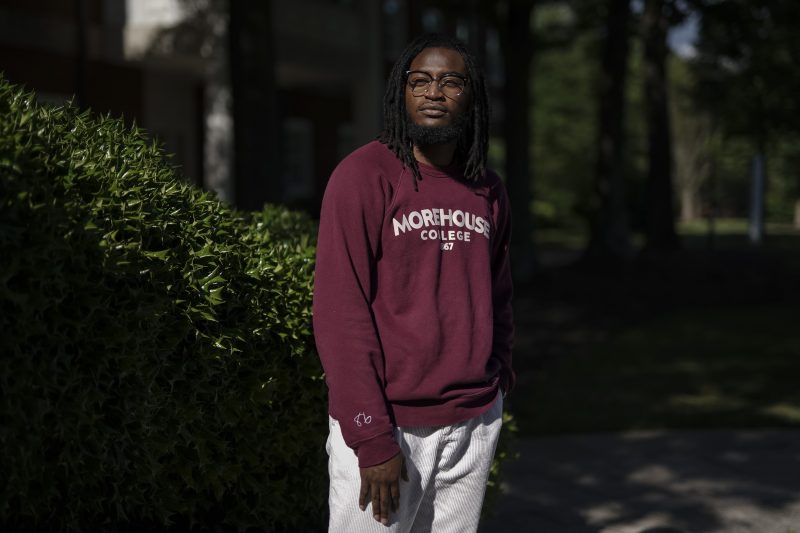In a recent commencement address at Morehouse College, President Joe Biden sparked a heated debate over the issue of identity. The president’s speech touched on various aspects of personal identity and how it influences our lives and interactions. While some praised Biden for his insightful remarks, others argued that his perspective failed to address the complexities and nuances of the topic.
One key point of contention was Biden’s emphasis on the importance of embracing one’s identity and using it as a source of strength. The president urged the graduating students to be proud of who they are and to draw on their unique experiences and backgrounds to drive positive change in the world. While this message resonated with many, some critics expressed concerns that Biden oversimplified the concept of identity and ignored the challenges that individuals from marginalized communities face in asserting their identities.
Furthermore, Biden’s reference to American history and the struggles faced by past generations in asserting their identities raised questions about the role of privilege in shaping one’s sense of self. Some argued that Biden’s own position of power and privilege as the president of the United States privileged his perspective on identity, limiting his ability to fully empathize with those who face systemic barriers to self-expression.
Another aspect of Biden’s speech that generated controversy was his call for unity and solidarity among individuals with different identities. The president emphasized the need for Americans to come together despite their differences, highlighting the importance of empathy and understanding in fostering a more inclusive society. While this message resonated with those who value unity and cooperation, critics raised concerns about the erasure of distinct identities and the potential for marginalized groups to be further silenced in the pursuit of a homogeneous vision of unity.
Overall, Biden’s commencement address at Morehouse College sparked a nuanced and multifaceted debate over the complexities of identity in today’s society. While the president’s message of self-empowerment and unity resonated with many, critics raised valid concerns about the limitations of his perspective and the need to address the systemic inequalities that shape individuals’ experiences of identity. Moving forward, it is essential for leaders and individuals alike to engage in thoughtful and inclusive discussions about identity that acknowledge the diverse and intersectional nature of human experiences.

